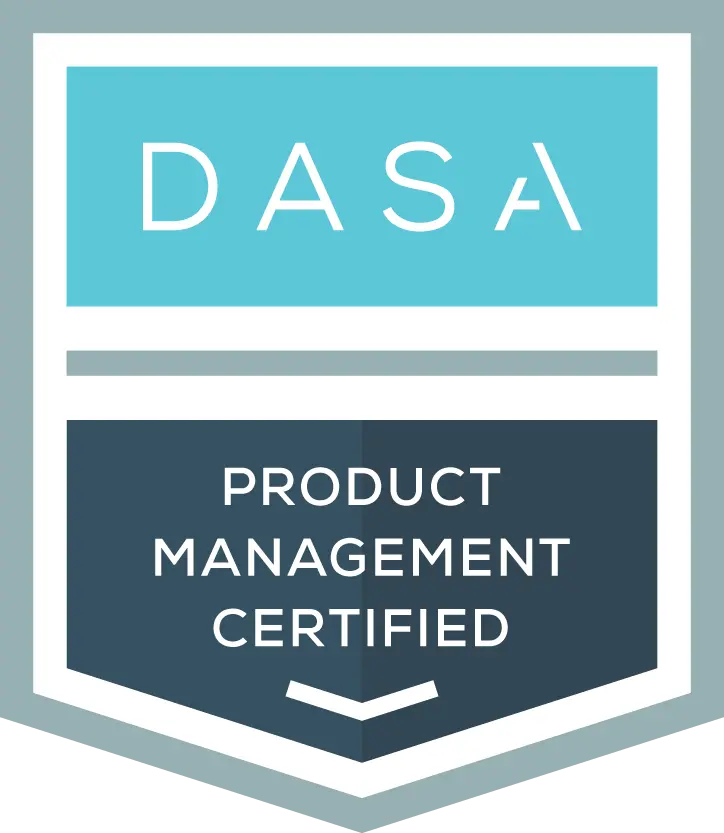Product Management emerges as a pivotal discipline in the dynamic realm of DevOps, playing a crucial role in the comprehensive process of planning, developing, and managing a product throughout its lifecycle. This includes defining the product’s features, ensuring its quality, and consistently aligning with customer needs. Product Managers lead the charge, steering the product vision, strategy, and roadmap, and vigilantly overseeing the product’s development and lifecycle.
The purpose of this blog is to explore Product Management and its interaction with other management practices, particularly focusing on Project Management. This discussion will highlight the differences and synergies between these practices, fostering a more cohesive and effective approach to management in DevOps environments.
Understanding Product Management: Key Principles
Product Management is fundamentally centered around identifying customer and market needs and opportunities, translating them into a compelling product vision, and meticulously steering that vision from ideation to market delivery. The key principles that underpin this discipline include a deep understanding of customer needs, a relentless focus on delivering value, and an unwavering commitment to innovation.
What sets Product Management apart from other management roles is its holistic perspective. While Project Management often deals with specific timelines and deliverables, Product Management extends beyond those boundaries, as a continuous journey that evolves with the product’s lifecycle. Unlike functional managers who oversee specific teams, Product Managers work cross-functionally, collaborating with various departments to ensure that every aspect of the product aligns with the strategic vision. This breadth of responsibility, coupled with the need to stay ahead of market trends and customer preferences, makes Product Management a unique and dynamic discipline.
Bridging the Gap with Project Management
The Impact of DevOps and Agile
In Agile environments, Product Management becomes more dynamic, as it works closely with cross-functional teams to continuously refine and prioritize the product backlog based on customer feedback and market changes. This approach ensures that the product evolves in a way that is most beneficial to the customer and the business. DevOps, on the other hand, emphasizes the collaboration between development and operations teams. It focuses on automating and integrating the processes between these teams to improve speed, efficiency, and quality of software delivery.
This integration has a profound impact on both Product and Project Management, the former requiring a deeper understanding of operational challenges and considerations, and the latter demanding a culture where continuous integration and delivery are the norms.
Product vs Project Management
While both practices are integral to the success of software development, they focus on different aspects. Product Management is strategic, concentrating on the ‘what’ and ‘why’ of a product—what the product should be and why it should exist. It involves understanding market needs, setting the product vision, and defining the roadmap. In contrast, Project Management is more tactical, focusing on the ‘how’ and ‘when.’ It involves planning, executing, and monitoring the project to ensure it is completed on time, within scope, and budget.
Despite these differences, Product and Project Management roles are interdependent, often working together to translate product strategy into actionable plans and execute them efficiently. This collaboration is crucial in Agile and DevOps environments, where rapid development and adaptation are necessary.
The Role of Leadership and Team Dynamics
Leaders are responsible for articulating and communicating the overarching objectives that guide both product and project teams. This clarity in vision and purpose is vital for ensuring that both teams, although focusing on different aspects of the development process, work in a harmonious and coordinated manner towards shared organizational goals. By effectively bridging any gaps in understanding between the two disciplines, leaders have to ensure that product management and project management are managed together within their Portfolio Management.
Leadership also plays a critical role in cultivating an environment conducive to effective collaboration and communication. This entails establishing a team culture that values open dialogue, mutual respect, and trust. In such an environment, team members from both Product and Project Management are encouraged to share feedback, express diverse viewpoints, and engage in constructive discussions. This open communication framework is instrumental in identifying and addressing potential issues early, thus preventing misalignments between product strategy and project execution.
Additionally, by fostering a culture that prioritizes continuous learning and adaptability, leaders empower their teams to stay agile and responsive to the dynamic demands of the DevOps field. Such a culture not only enhances team morale and engagement but also ensures that the organization remains at the forefront of innovation and efficiency.
Next Septs to Building Product Management Capabilities
Product Management, in essence, is a multifaceted discipline driven by customer-centricity and innovation, making it indispensable in the ever-evolving digital landscape. Agile and DevOps methodologies have significantly reshaped the way Product and Project Management are approached. They emphasize flexibility, collaboration, and rapid adaptation, underscoring the importance of cohesive teamwork and alignment toward common goals.
Through the talent and guidance elements within the DASA Product Management framework you will find valuable guidance for integrating product management with service, portfolio, and project management. The DASA Product Management certification program explores the product lifecycle and value management through hands-on learning, to build foundational product skills and fosters a product-centric mindset. Embracing these methods equips professionals with the necessary tools and insights to navigate the complexities of today’s digital landscape, ultimately fostering innovation and success in their organizations.


DASA Product Management
Fosters a product-centric mindset through strategic alignment of product vision with business goals, market analysis, and lifecycle management.
